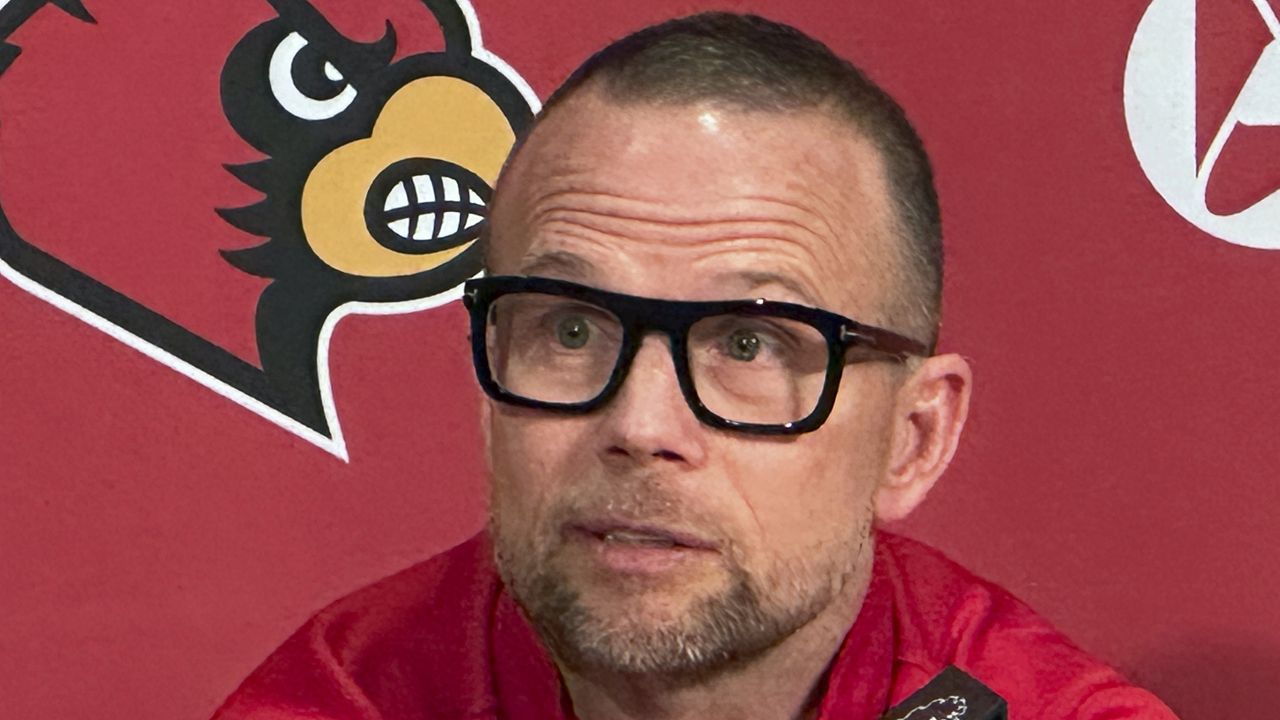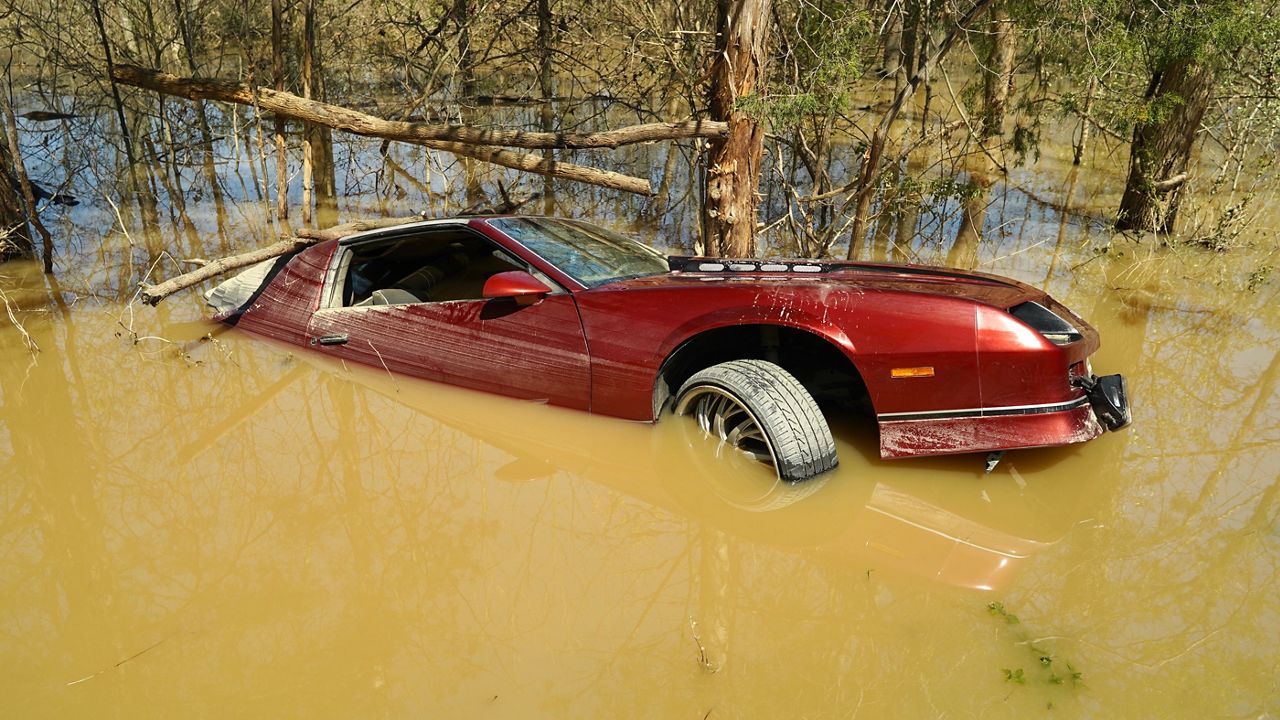LOUISVILLE, Ky. — Born on August 17, 1934 and raised in Wheeler, Alabama, Reverend Charles Elliott Jr. of King Solomon Missionary Baptist Church in Louisville has lived through a lot in his 86 years.
“We’d go down there to get wood because we didn’t have no electric lights or running water. So we’d go in the woods there, and you’d see a Black man hanging. [A] white man didn’t go to jail for nothing he did to a Black person,” Elliott said.
Growing up during the Jim Crow era, Elliott also remembered having to get off the sidewalk to let white people walk by.
“Everything was white and colored. You go to the cafeteria, gotta go to the back,” Elliott said. “At that time I thought there were two Gods. I thought there was a God for the white and a God for the Black. Mama said, ‘No baby, there ain’t but one God,’ and says, ‘Someday, someday, white and Black will come together.’ I didn’t think I’d never see it.”
In 1952, Elliott came to Louisville, but he recalled leaving at different points to sing with a group he was a part of and to march for civil rights in the South.
“I was very eager to do the marching because how I was treated,” Elliott told Spectrum News 1.
In October 1961, Elliott became pastor of King Solomon Missionary Baptist Church in Louisville, and he is still the pastor today, nearly 60 years later.
In his continued fight for civil rights, Elliott came to know Reverend Dr. Martin Luther King Jr. and his brother A.D. King. Elliott said A.D. asked him to help form the Kentucky Christian Leadership Conference.
"During that time we was able to get a few white people to march with us on open houses. A lot of times they don’t report but many, many of our white brothers and white sisters were beaten and mistreated like we were just for them coming to march.”
Elliott said he helped bring Dr. King to Louisville when many ministers in the city were afraid to do so.
“He organized for a march on Frankfort, one of the largest marches we ever had,” Elliott recalled.
Elliott also helped organize in Louisville, like preaching during a tent revival following weeks of rioting and unrest in Louisville’s West End in June 1968 and marching alongside civil rights activist Dr. Ralph Abernathy during the Poor People's March in Louisville just a month earlier.
“Well, that day was a very difficult day because [MLK] had done been killed, and we were trying to keep A.D., who is his brother, impressed to do the second Poor People’s March to Washington. So it was very difficult for us, but the Lord blessed us to be able to do it,” Elliott remembered.
Beyond the Civil Rights Movement, Elliott has dedicated his time to fighting poverty and uplifting people, focused on education and jobs.
“My ministry has been blessed by the Lord to be out in the streets dealing with those who are left out,” Elliott told Spectrum News 1.
Elliott’s office offers a glimpse into his life’s work and accomplishments, with numerous newspaper articles and awards hung on the walls. For example, he was inducted into the Kentucky Civil Rights Hall of Fame in 2012, and, in 2018, Louisville’s Mayor Greg Fischer honored Elliott with the Dr. Martin Luther King Jr. Freedom Award.
Elliott said we’ve come a long way, but he also said there’s still a long ways to go.
“There’s still too much injustice, unfairness in our world today, but I believe that we are going to eventually find a Jesus way is the only way, and his way is love,” Elliott said.
Next Saturday, Feb. 27 at 5:00 p.m. and Sunday, Feb. 28 at 4:00 p.m., King Solomon Missionary Baptist Church will celebrate Black History Month by honoring Pastor Charles Elliott Jr. The church is located at 1620 Anderson Street, Louisville, KY 40211, if you would like to attend.
For more interesting Black History Month stories, visit our special section.











